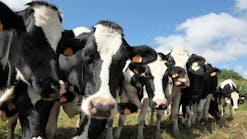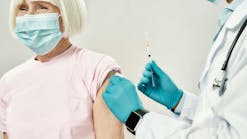The SARS-CoV-2 virus is continuing to wreak havoc on some Americans’ finances, according to a new study from the University of Georgia.
The researchers found that long COVID-19 is making it harder for people to pay their bills, buy groceries and keep their utilities on.
The study suggests much of that financial hardship is the result of lost jobs and reduced working hours. And the researchers found that the negative economic effects of the illness are present regardless of socioeconomic status.
But long COVID is particularly hard on the finances of individuals with lower incomes.
The study found that for individuals in the lowest income bracket, having long COVID increased the likelihood of food insecurity by 10 percentage points. They also were at higher risk of losing important utility services due to not being able to pay their bills.
Even those in higher income brackets faced similar difficulties.
The present study relied on nationally representative data from a Centers for Disease Control and Prevention survey of more than 270,000 Americans across 40 states.
Of the participants, about 20,000 reported having long COVID. The individuals in lower income groups and those without college degrees were disproportionately affected by the condition.
Previous studies have shown that people with lower incomes have a higher risk of contracting COVID. And when they do get the virus, they tend to be sicker and even die at higher rates than their high-income counterparts.
When illness gets in the way of work, particularly for long stretches of time, higher-earners are sometimes able to work from home or rely on savings and various safety nets to keep themselves from running out of cash.
But low-income Americans may have a harder time staying afloat.
Having more flexibility in both hours and work from home policies could help long COVID sufferers keep their jobs and healthcare coverage.





